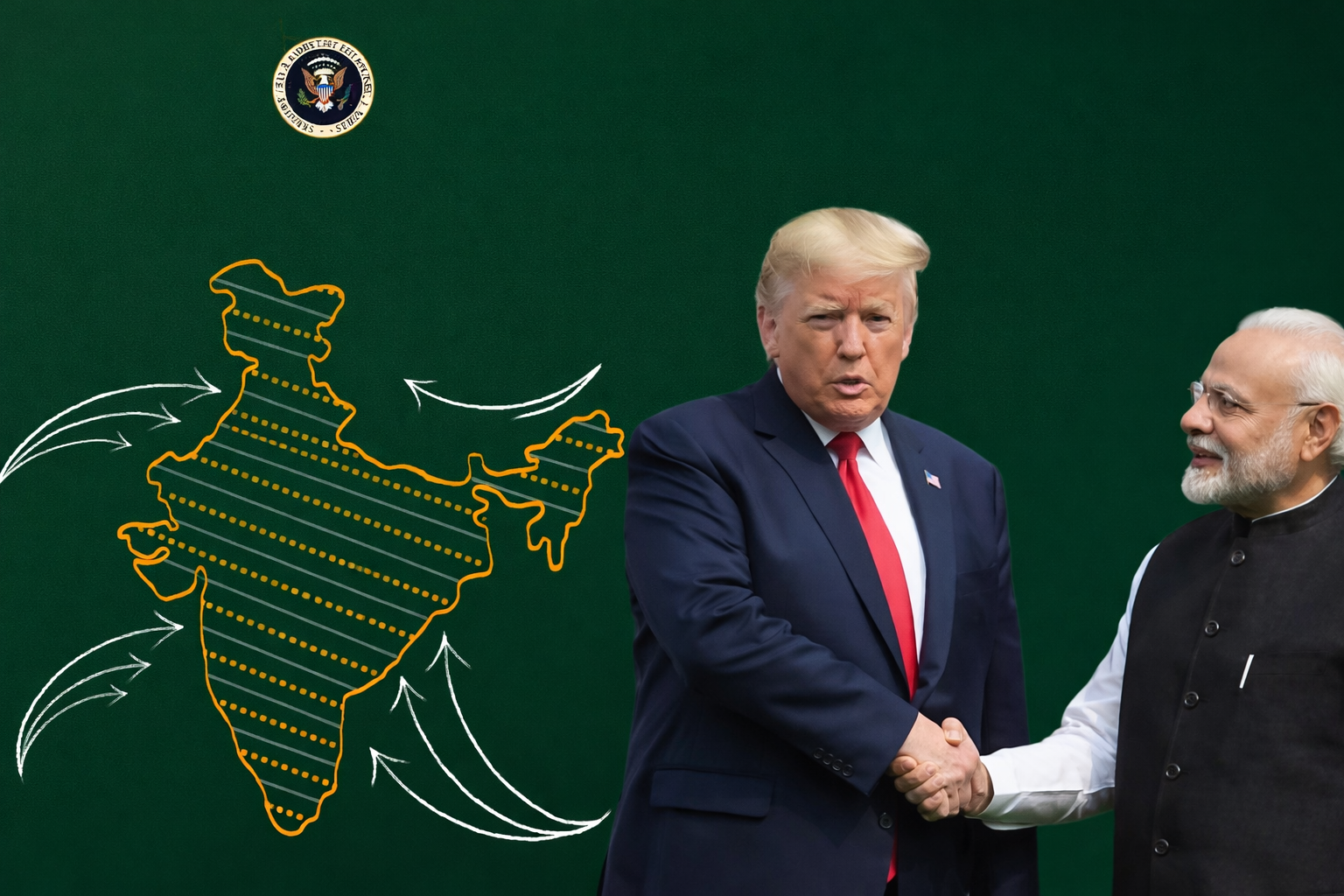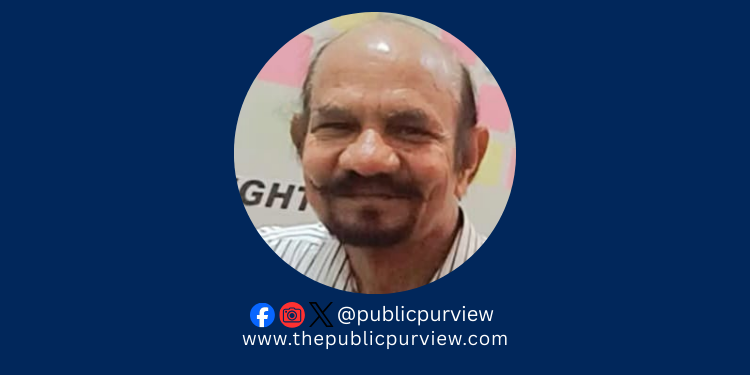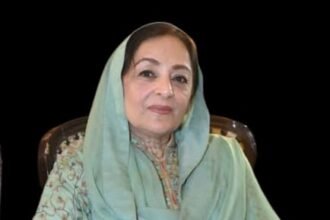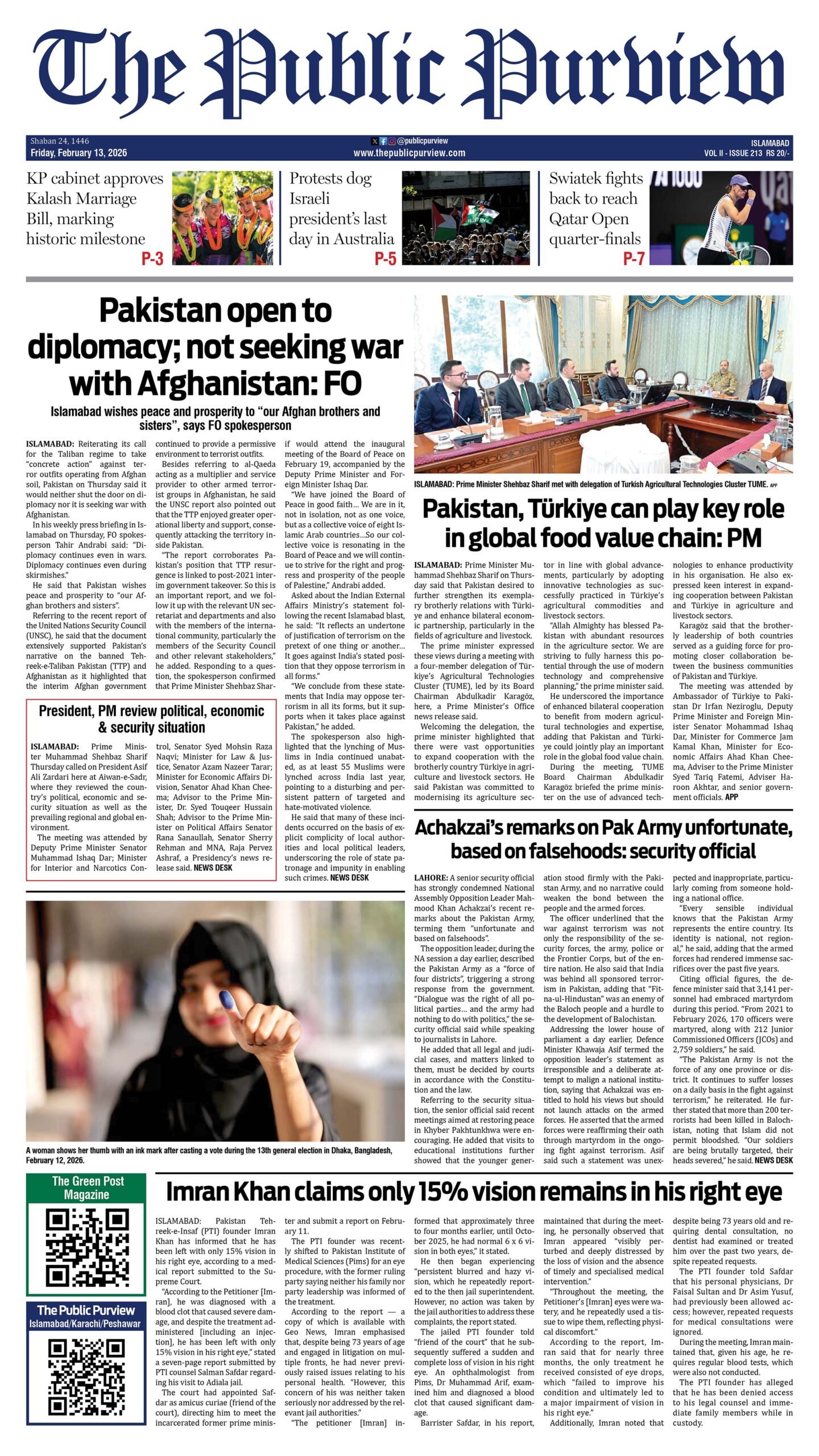Imagine waking up each morning with the peace of mind that comes from knowing exactly how to manage your finances. Picture a life where you have control over your money. Your decisions aren’t clouded by anxiety or uncertainty. Now, imagine the opposite—a life where every paycheck disappears before you can even think about saving. The debt piles up. There the small financial emergencies send you into a spiral of stress. This stark contrast is the reality for millions of people around the world, simply because they lack one essential skill and that is financial literacy.
It is not just about knowing how to budget or how to save. But it’s about your ability to understand how to make money work for you. It’s the knowledge that permits you to take control of your finances. It helps you to reduce stress and build a secure future. Unfortunately, for many, this knowledge is a distant dream. It’s not because they lack intelligence or drive. But because they’ve never been taught. A global survey data explained that only 33% of adults are financially literate. This gap in understanding isn’t only a personal problem. But it’s a societal one. It is affecting families, communities, economies and entire nations.
Consider the case of Moaizma, for instance. She is a single mother with two kids. She’s doing her best but every paycheck vanishes before she can even think about saving. Rent, groceries, bills and unexpected costs eat up every cent. Small emergencies like a broken appliance or a sudden doctor’s bill— feel like mountains she can’t climb. She isn’t just living paycheck to paycheck. But she’s trapped in a cycle of financial uncertainty. If she understood how to budget effectively or how to create even a small savings cushion, she might have been able to handle these emergencies.
Then there’s Younis. He’s young and full of ambitions. But his dreams of starting a business are on hold. Loans sound confusing, and debt? It terrifies him. He’s paralyzed, unable to take the first step because he doesn’t know where to begin or what to avoid. Younis is stuck. If he had the financial knowledge to understand loans, interest rates, and the potential risks and rewards, he could have moved past his fears.
Maria, after working 25 years in an office, is facing another financial challenge. Its her retirement time. She worked hard. But she hasn’t saved enough. The thought of growing old without a financial cushion is terrifying her. The future feels uncertain. She’s unsure how to even begin planning for the next chapter of her life. If Maria understood the basics of retirement planning, taxes, and how to invest even small amounts, she could have built a nest egg over time. It’s never too late to start. But without the knowledge, she feels like the door to a secure future is closing before her eyes.
Zoe and Kamran live what seems like a dream life. They enjoy luxury cars, designer clothes, extravagant vacations and so on. To an outside world, they have it all. But beneath the surface, they are drowning in debt. They overspend on things they don’t need. They are living to impress others. They’re caught in the trap of lifestyle inflation. Their spending has been increasing with the increment of their income. If they have understood the importance of budgeting, distinguishing between wants and needs, they could have prioritised long-term savings over short-term indulgences. They could have built a solid foundation for the future.
Then there’s Sonia and Mahmood, a couple who don’t chase status or luxury. They live modestly. They live wisely. They budget carefully, save diligently, and invest patiently. Their financial progress may seem slow. But it’s steady and sustainable. They understand that true wealth isn’t about flaunting possessions today. It’s about securing a comfortable future tomorrow. Their approach to money is grounded in knowledge. It’s this knowledge that gives them the confidence to live without fear of unexpected expenses.
These stories represent the daily struggles of millions. Whether it’s living paycheck to paycheck, delaying dreams due to financial fears, or facing the anxiety of an uncertain future, the lack of financial literacy is affecting people at every stage of life. With the right education, Moaizma, Younis, Maria, Zoe, Kamran and million other could shift from surviving to thriving, and from feeling helpless to feeling empowered.
Financial literacy is about making smart choices. It’s not about just the numbers. When people understand money, they can innovate, start businesses, and adapt. They navigate financial markets. They avoid the risks of putting all their money in one place. They avoid common mistakes. They consult experts, seek financial advice, and plan for the future. A clear understanding of money allows people to make informed decisions. They know how to negotiate with banks, lenders, and creditors. This makes them more confident and independent in managing their finances.
Financial literacy also encourages entrepreneurship. It empowers individuals to start businesses. These businesses create jobs and stimulate innovation. Entrepreneurs understand the risks and the rewards. They know how to manage cash flow, debt, and growth. Financially literate people have a greater chance of success in business.
At national level, financial literacy is a powerful tool for economic growth and stability. Countries that invest in financial education see stronger, more resilient economies. Their population understands how to manage money effectively. They are less likely to fall into debt. They are more likely to invest in their future. They’re better equipped to weather financial crises. So they experience greater prosperity. In countries like Sweden, Norway, and Denmark, financial literacy is taught from a young age in schools, which has led to high living standards and greater economic resilience.
For the next generation, financial literacy is not an option but an obligation. It’s because the financial world is getting more complex with every passing day, with digital currencies, easy credit, and online shoppings. All the people especially the young ones need financial education to avoid debt and secure their futures. Learning doesn’t stop after school. Finance evolves, and so should we.
In developing countries, financial literacy is crucial. There many lack banking and struggle with debt. Microfinance can help, but without knowledge, it fails. Education breaks the cycle of poverty.
Even in wealthier nations, financial literacy matters. Mortgages, student loans, and investments can be overwhelming. But with the right knowledge, anyone can manage money and plan ahead.
Improving financial literacy would create a ripple effect. Individuals make better financial choices. Families become more secure. Economies grow stronger. Governments save money. The impact is enormous. Financial literacy is the key to a more stable and prosperous future for everyone. Financially literate people thrive, and so do the economies they live in.
So to conclude financial knowledge isn’t reserved for the wealthy or the highly educated—it’s for everyone. Whether you’re a student just starting out, a parent trying to make ends meet, or someone planning for retirement, financial literacy can transform your life. It’s not a luxury—it’s a necessity. It’s not just about surviving, it’s about thriving. And the more we invest in financial education, the more we empower individuals, strengthen communities, and create a world where everyone has the opportunity to succeed.
The good news? It’s never too late. Start today—read, take a course, or talk about money. Every step gets you closer to freedom. The power to change your future is in your hands. Let’s build a better tomorrow.






 Today's E-Paper
Today's E-Paper